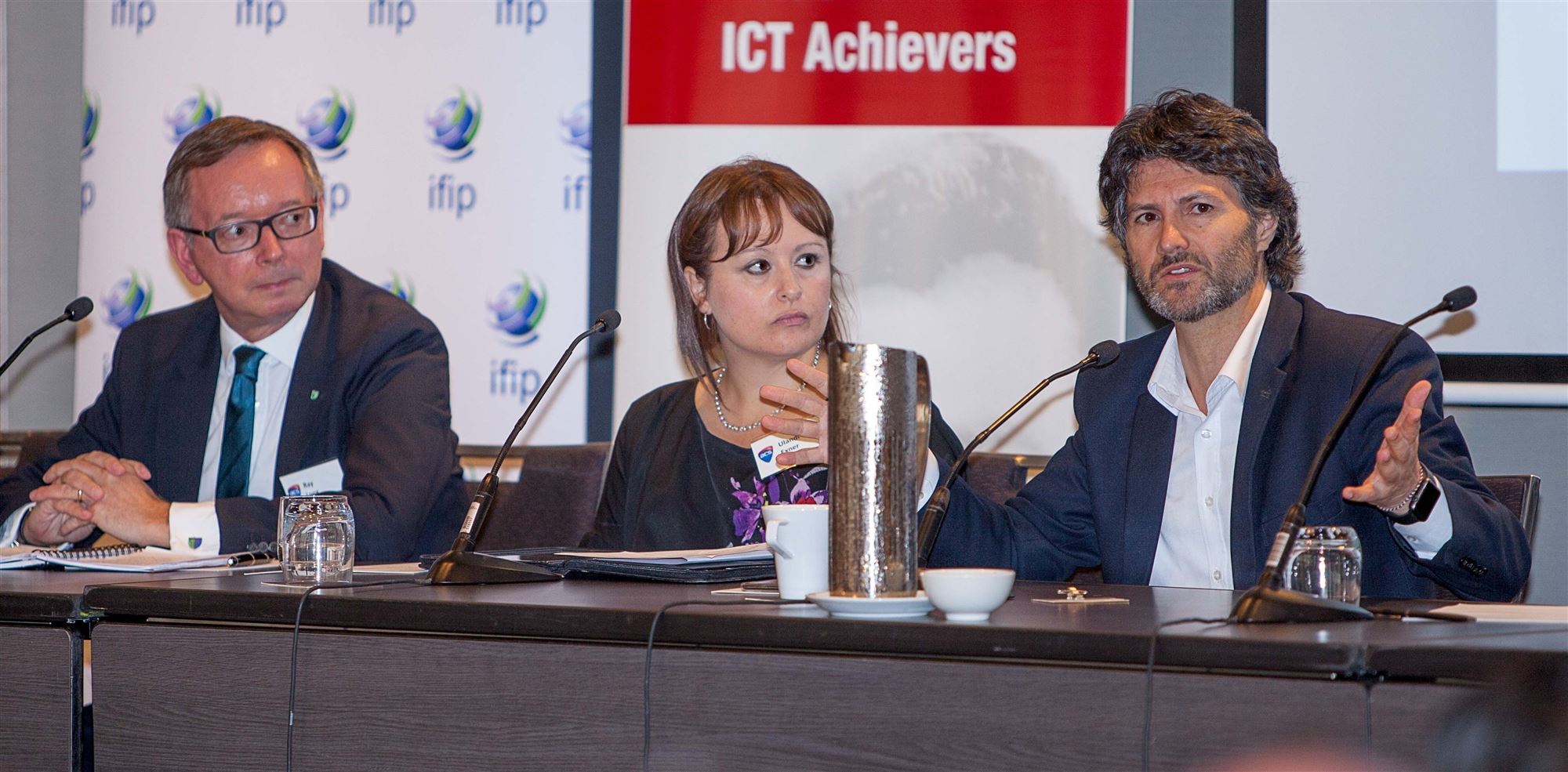Did you hear the one about the new website that went live on time?
Stop laughing.
IT projects that actually run on time are rare, but more than that, IT projects that don’t run on time are almost a given.
The issue of who should be held accountable when projects run late or don’t work as they should, was a topic of debate at the IFIP Presidents’ Ministerial Forum, held in Sydney last week.
Ray Long, President at the British Computer Society (BCS), said that despite numerous reports looking into the reasons projects didn’t succeed, the same mistakes were being made over and over again.
“We know so much about why projects seem to go wrong, so why is it that we don’t seem to learn the lesson?”
Since joining the BCS, Long has adopted the motto of ‘driving up the success rate of IT projects’.
“The aim is to try and move us as a profession where IT project failure is a choice -- it’s something that happens because you choose to ignore the good practices and the good advice that’s on offer – not, as it’s too often seen at the moment, as an accepted inevitability.”
What is success?
Citing the London Eye as an example, Long rattled off a list of complications and delays the project suffered, but looking back now, many people would rate the London Eye as a great success.
“We need a common understanding of what success means. And it may no longer be simply to time, and to budget, and to specification on some of these so-called mega projects where change is to be expected along the way.”
Ulandi Exner, President of the Institute of IT Professionals in South Africa, said the missing link was accountability.
“Why don’t we make people more accountable for project failures? I’m not saying we send them to jail. It’s not OK, we all make mistakes, but these mistakes cost millions of dollars, what do we do about that?
Inside government
NSW Minister for Innovation and Better Regulation, Victor Dominello, said the government’s solution was to appoint a Government Chief Information and Digital Officer (GCIDO) who now has oversight for all ICT major projects.
“We need that central unit inside government to say ‘tell us what you’re doing, we know best practice, and we can at least give you a good steer as to whether you are on the right track or not’. That is really, really important. That person has been in place now for 6 months, and apart from Ian Opperman, he’s probably the second busiest person inside of government.”
Dominello said leadership was essential and that someone needs to own the responsibility.
“Ultimately, that person is me. My head’s on a chopping block, as it should be. I will work closely with the GCIDO, but you need a zealot inside of cabinet, in the case of government, to make sure these things are driven and there’s accountability.”










